Russia-India: Still a strategic partnership?
The two nations should take a clear-eyed review of the current state of their ties with an emphasis on intensifying dialogue in the new sectors.
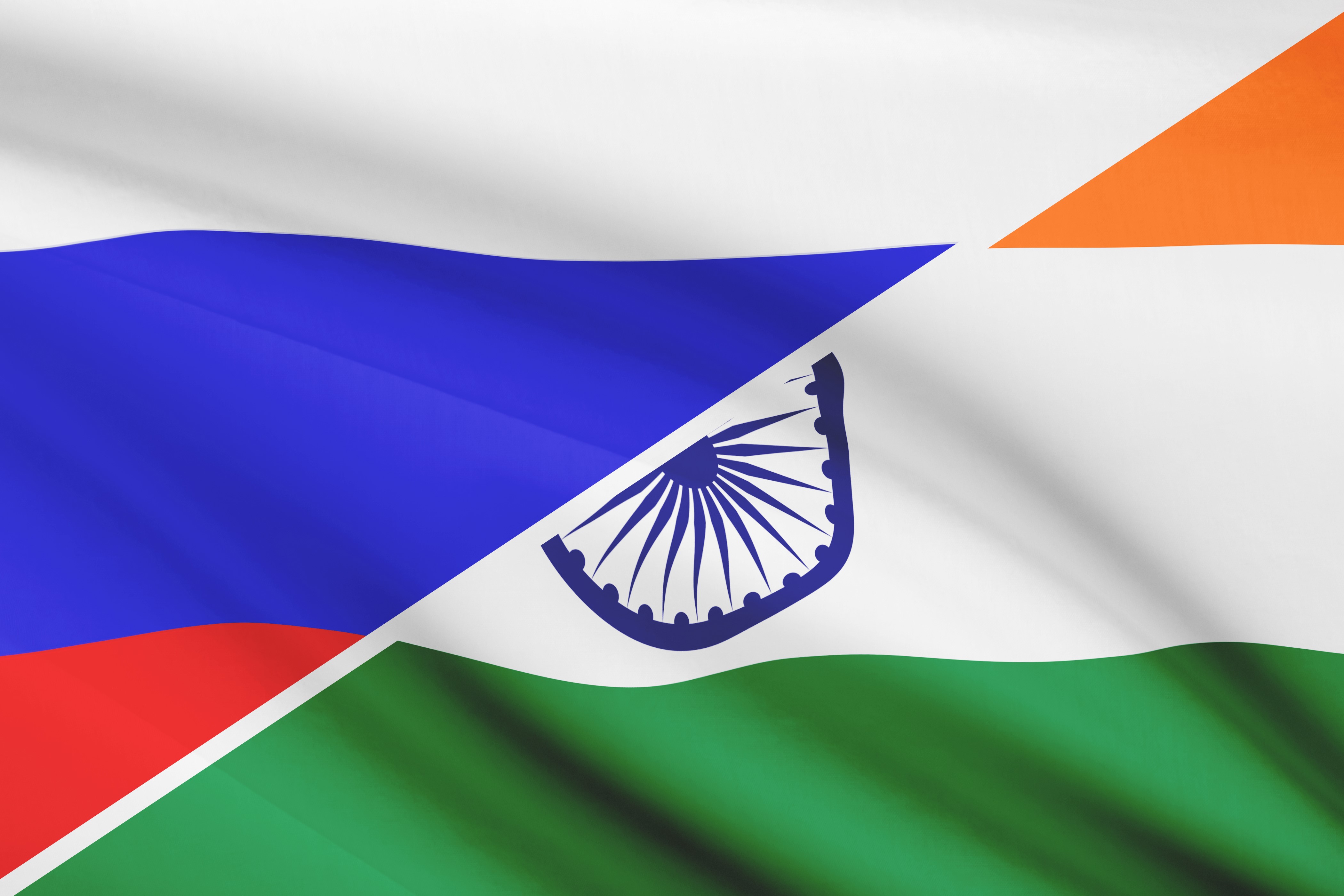 Courtesy: Shutterstock
Courtesy: Shutterstock
The two nations should take a clear-eyed review of the current state of their ties with an emphasis on intensifying dialogue in the new sectors.
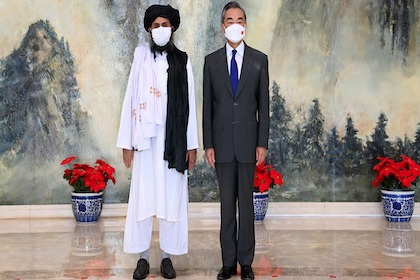 Courtesy: Xinhua
Courtesy: Xinhua
China has followed Sun Tzu’s strategy of focussing on alliances - building its own and weakening those of its adversaries. Beijing’s carefully nurtured formations in West and Central Asia are part of this global power projection, especially with Pakistan, Iran and now, the Taliban, through projects like the Belt and Road Initiative. India must recalibrate its China policy and push for concerted regional responses to emerge as a balancing force against it.
 Courtesy: G20
Courtesy: G20
The Oct 30-31 G20 Leaders’ Summit in Rome took several important steps to accelerate economic recovery and health security. In the absence of several Eurasian leaders, India played a significant role especially on climate and energy. The G20 will now acquire greater salience in India's foreign policy, as it readies to lead the grouping in 2023.
 Courtesy: Shutterstock
Courtesy: Shutterstock
Sanctions are an important foreign policy tool, used especially by the West against its adversaries. Now, these rivals are retaliating with counter-sanctions. Are these effective? How does this impact global politics? Where does India stand in this free-for-all sanctions era?
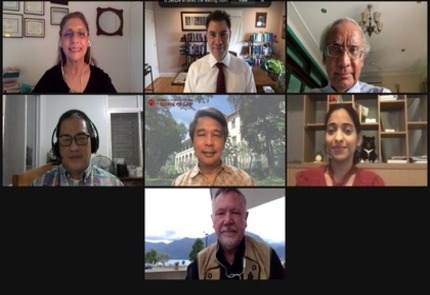 Courtesy:
Courtesy:
On 15 July, Gateway House co-hosted a webcast with Konrad-Adenauer-Stiftung (KAS) on 'Countering China’s Maritime Grey Zone Activities'. The panel discussed the potential strategies that smaller nations in the region can adopt to overcome the challenges of Chinese maritime grey zone activities, and the role of regional maritime powers in capability-building of maritime law enforcement agencies.
 Courtesy: Shutterstock
Courtesy: Shutterstock
For years, Western countries have used sanctions as a means of economic warfare against their adversaries. Now, China and Russia are utilising the same tactic against the West. The United Nations Security Council is paralysed by differences between the five permanent members, leaving the tools of unilateral sanctions and counter-sanctions to proliferate at the cost of UN-approved multilateral sanctions.
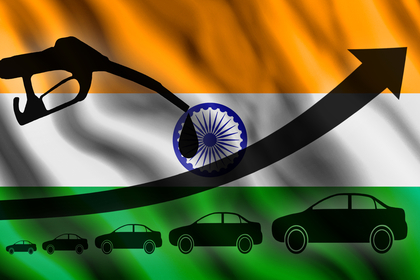 Courtesy: Shutterstock
Courtesy: Shutterstock
India’s oil consumption and imports are likely to resume their upward trajectory as the economy opens up, after a temporary drop due to the pandemic. To secure its energy needs, the country should shift course from investing in oil and gas assets of emerging economies to those of developed nations. The oil-rich Organisation for Economic Co-operation and Development (OECD) countries, such as Canada, Norway, and the U.S. can be given special consideration.
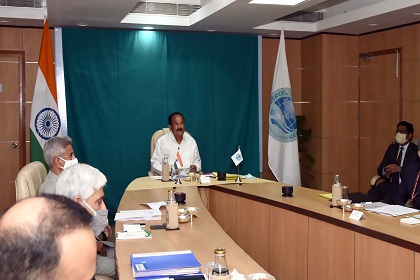 Courtesy: vicepresidentofindia.nic.in
Courtesy: vicepresidentofindia.nic.in
India hosted the SCO summit on 30 November. Fueling its diplomatic drive is the region’s strategic importance and an enhancced focus on Central Asia with its strong civilizational, cultural and emotional bonds with India. Despite the daunting regional challenges, old and new, a seat at the SCO table strengthens India's hand in shaping the grouping’s - and region’s - future.
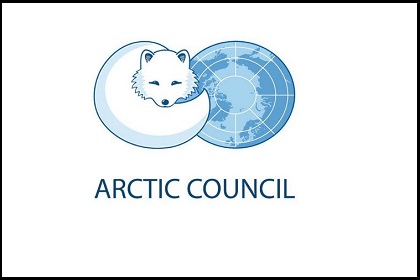 Courtesy: Twitter/Arctic Council
Courtesy: Twitter/Arctic Council
India’s pledge to the Paris Agreement gives it the flexibility to confidently place its climate action policies across various multilaterals. Although an observer of the Arctic Council, India can collaborate with the body's upcoming chair, Russia, to alleviate climate change concerns stemming from the Arctic. It is time for India to use its goodwill with the Arctic Council members to develop a national Arctic policy.
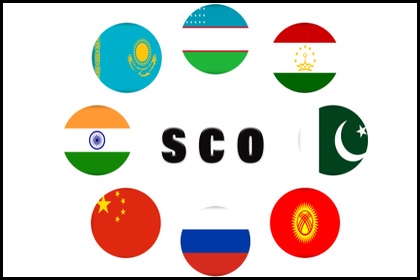 Courtesy:
Courtesy:
India will be hosting the Heads of Government Summit of the SCO on 30 November -the first time as host to a major SCO meeting, which it joined as a full member in 2017. The goal will be to connect the past of Central Asia and India to their present and future. The sweep of medieval history will then join the 21st century to bring prosperity to both regions.